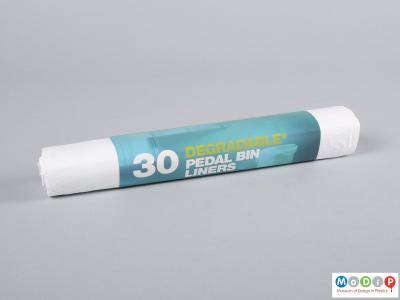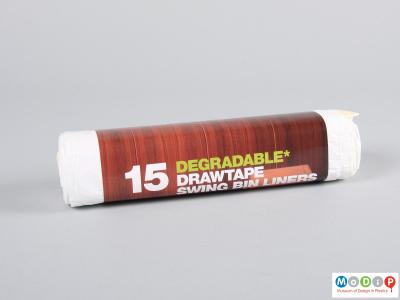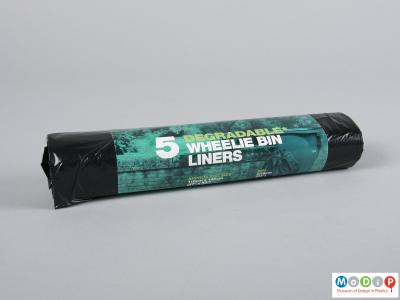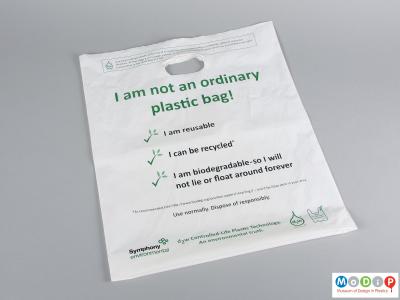Another solution to plastics’ problematic longevity is to create better conventional fossil fuel based plastics, known as oxo-biodegradable plastics or controlled-life plastics.
What are oxo-biodegradable plastics?
Oxo-biodegradable plastics are conventional fossil fuel based plastics to which has been added small amounts of metal salts (pro-oxidants). The pro-oxidant causes the plastic to degrade more quickly and effectively. It acts as a catalyst to break up the long polymer chains, into smaller and simpler molecules, until it is no longer a plastic. The oxidation products formed are very similar to those from bio-based materials in nature (such as lignocelluloses) and can be bioassimilated i.e. used as a food source by bacteria and fungi, ubiquitous on land and in the oceans. The material will degrade and biodegrade in the open environment, quicker than nature’s waste and will leave nothing behind, no toxic residues and no microplastics.
Oxo-biodegradable plastics and fossil fuel plastics
Oxo-biodegradable plastics are fossil fuels. Additives are already added to plastics whether made from plant or fossil fuel derived feedstocks in order, for example, to protect them from UV, provide colour or to stabilise them. Thus, the pro-oxidants that create oxo-biodegradable plastics can also be added to the mix enabling oxo-biodegradable products to be made in existing plastics factories with existing workforce and machinery at little or no extra cost.
Oxo-biodegradable plastics and recycling
Oxo-biodegradable plastics can be recycled into similar products alongside conventional plastics if collected before degradation has begun.
Oxo-biodegradable plastics offer an insurance policy
Several countries in the Middle East, Africa and Asia who may not have the infrastructure or facilities to collect plastic waste, have legislated to make oxo-biodegradable plastics mandatory, because they work.
Oxo-biodegradable plastics are not the only answer, but they offer an insurance policy for the plastics that do escape into the open environment in that they will not be there forever as a problem for future generations.




